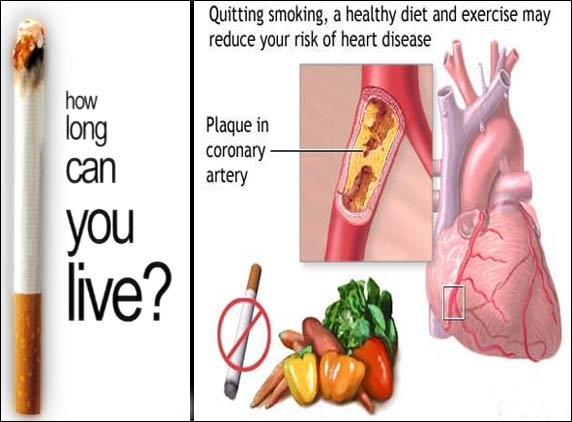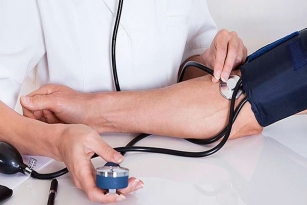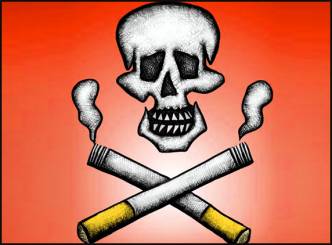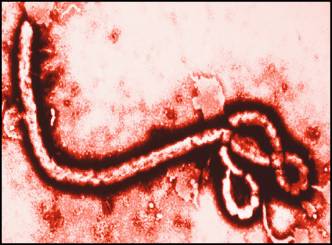
Smoking is one of the leading causes of lung and oral cancer. But, do you also know that smoking is also one of the major causes of cardiovascular disease?
Coronary heart disease (CHD) essentially occurs when plaque builds up in one or more of the coronary (heart) arteries, leading to angina, chest pain, an increase in heart rate, atherosclerosis and, in some cases, heart failure. The chemicals used in tobacco smoke may also harm your blood cells by damaging the functioning of your heart and the structure of your blood vessels. Today, let us have a look at the harmful effects of cigarette smoking on your heart and blood vessels.
Dr Vijai Kumar Ratnavelu, Consultant Pulmonologist at Yashoda Super Specialty Hospital in Hyderabad, says, "Smoking increases the risk of cardio vascular disease by 2 to 4 times and affects other major organs in the body as well. In India 35% of people use tobacco and not only increase their own health risk factors but also affect their near and dear ones. By reducing risk factors like smoking, 80% of premature deaths due to cardio vascular problems can be avoided."
The effect of carbon monoxide on a human heart. A deadly gas, which is a by-product of burning tobacco, it is believed to elevate the levels of low-density lipoproteins in the body. This eventually means that smoking lowers the high density lipoproteins (the good type of cholesterol) too. Alienating tissues from the regular dosage of oxygen, smoking impairs the red blood cells in the body by saturating haemoglobin.
Smoking also tends to raise the heart rate. This is because when the carbon monoxide in cigarettes is consumed, the haemoglobin in the red blood cells comes to a saturated level. The heart tends to further beat faster and delivers an inadequate amount of oxygen to the cells. This can consequently lead to the problem of heart palpitation too.
Smoking is linked to atherosclerosis. Atherosclerosis affects the coronary arteries, which supply blood to the heart tissue. Cigarette smoking increases the rate of atherosclerosis, leading to a lesser supply of blood to the heart. In this process, the pieces of plaque also tend to break off, leading to embolisms.
Smoking is also linked to heart attack, angina, stroke and heart failure. Smoking causes much stress to the heart, primarily due to the supply of carbon monoxide discharged from the tobacco smoke. It can eventually lead to a sudden, silent heart attack or angina pain too. Chain smoking can also lead to a sudden spike in the blood pressure level, leading to heart failure.
Smokers may develop peripheral vascular disease. Another consequence of smoking is the narrowing of blood vessels, which is result of reduced circulation. Smokers may develop peripheral vascular disease and the decreased blood flow in the extremities like arms and legs can cause a host of problems ranging from pain to tissue loss. Abdominal aortic aneurysm is another complication that rises due to the swelling or weakening of the aorta in the abdomen, the main artery of the body.


















